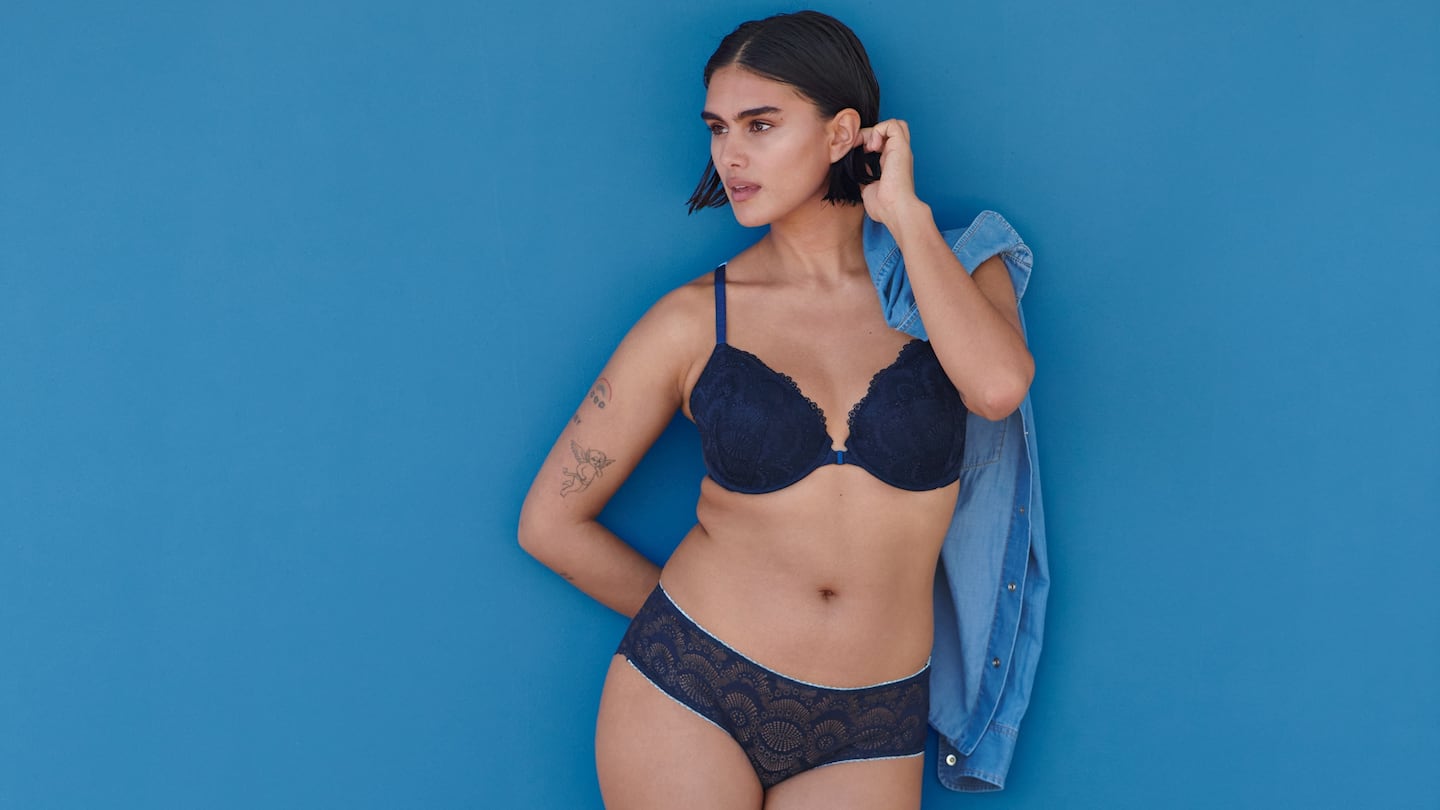
The Business of Fashion
Agenda-setting intelligence, analysis and advice for the global fashion community.

Agenda-setting intelligence, analysis and advice for the global fashion community.

Victoria’s Secret has a new path forward.
On Tuesday, L Brands, the lingerie giant’s parent company, announced it would be spinning off the lingerie retailer, roughly a year after a planned sale to Sycamore Partners fell through. The collapse of that deal, which valued Victoria’s Secret at just $1.1 billion, in the early days of the pandemic was at the time seen as a sign of just how far the brand had fallen.
But though the pandemic dealt a setback for Victoria’s Secret, closing the malls that house so many of its stores, it also forced a financial reckoning analysts say was long overdue. The crisis forced the retailer to reduce production and close 250 stores, helping to rid it of the glut of unsold product. Victoria’s Secret was then able to pull back on an endless cycle of deep promotions.
The repairs aren’t done yet – another 50 store closures are planned in 2021, and the retailer has only just begun to make over its tarnished image. But according to The New York Times, analysts at both Citi and JPMorgan value Victoria’s Secret at $5 billion. At that price, the brand would not only have trouble finding a buyer but is big enough to stand on its own, hence the spinoff rather than another sale, analysts say. (The spinoff is also tax-free, adding another benefit.)
ADVERTISEMENT
“Victoria’s Secret is on this very strong path forward,” said Simeon Siegel, a retail analyst at BMO Capital Markets. “They’re not dead if they’re selling five-plus billion dollars of cloth.”
Though it’s never lost its place as the intimates category leader, Victoria’s Secret was struggling well before Covid-19. In 2019, its sales fell by 7.6 percent over the year prior, to $6.81 billion (at the worst of the pandemic in the second quarter of last year, sales plunged 39 percent, to $977.5 million from $1.6 billion in 2019). The brand had seen a slew of bad press, from L Brands founder Les Wexner’s relationship with Jeffrey Epstein to criticism of a lack of inclusivity and diversity in its marketing. Its flagship event, the Victoria’s Secret Fashion Show, was cancelled in 2019. The company’s troubles created an opening for brands that took an inclusion-first approach, such as ThirdLove and Aerie.
“For decades, Victoria’s Secret didn’t evolve,” said Bob Phibbs, CEO of the New York-based consultancy The Retail Doctor. “It was stuck in one time and it didn’t move on.”
The changes of the last year were mainly focused on fixing Victoria’s Secret’s financial problems, though the company’s marketing has also begun to resemble its rivals in featuring more diverse models with a greater variety of body types.
Siegel said L Brands has engineered “a structural reset of Victoria’s Secret’s business model.” Halting the cycle of heavy discounts has set the stage for increased profits going forward, making for a healthier business overall, even if the retailer never again reaches the heights of its ’90s or aughts revenue, he said.
The task of rehabbing the brand’s public perception “never happens overnight,” said Susan Anderson, retail analyst at B. Riley Financial. Victoria’s Secret took steps to address the marketing issues it faced — cancelling the increasingly controversial fashion show, for one, and casting its first transgender and plus-size models. Wexner has stepped down from not only his chief executive post, but will also not stand for re-election to the board this month. There’s new leadership, too: Raul Martinez, previously the creative director at Condé Nast, was tapped as Victoria’s Secret’s creative director in December.
Those changes, plus a more positive financial outlook, have placed Victoria’s Secret in a position to potentially grow sales for the first time in years. Anderson points to swim, a category it relaunched this year, and its youth-focused Pink brand, as particular areas of potential.
“[The pandemic] really led to a faster turn of the business, then maybe what would have happened, if we didn’t have all of the external pressures of Covid,” Anderson said.
ADVERTISEMENT
Related Articles:
Parade Takes On Victoria’s Secret
As the German sportswear giant taps surging demand for its Samba and Gazelle sneakers, it’s also taking steps to spread its bets ahead of peak interest.
A profitable, multi-trillion dollar fashion industry populated with brands that generate minimal economic and environmental waste is within our reach, argues Lawrence Lenihan.
RFID technology has made self-checkout far more efficient than traditional scanning kiosks at retailers like Zara and Uniqlo, but the industry at large hesitates to fully embrace the innovation over concerns of theft and customer engagement.
The company has continued to struggle with growing “at scale” and issued a warning in February that revenue may not start increasing again until the fourth quarter.